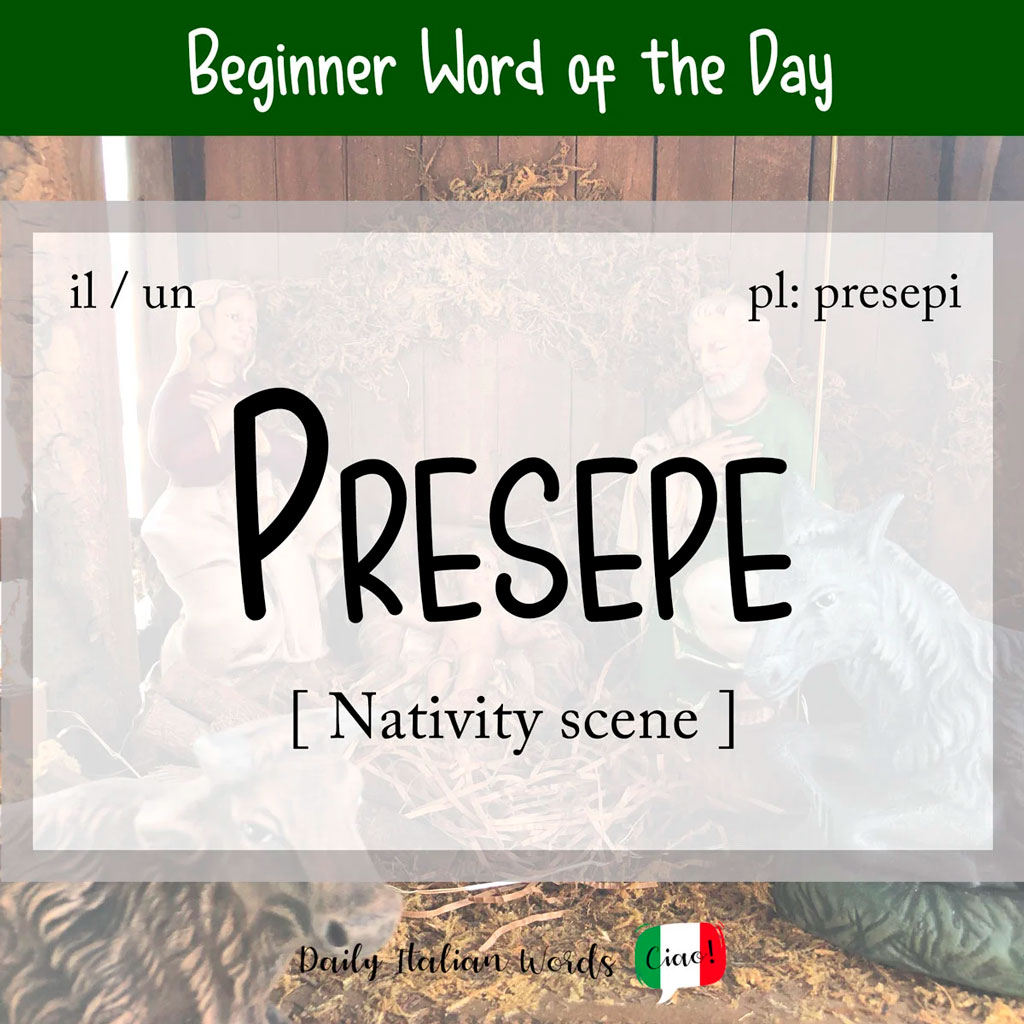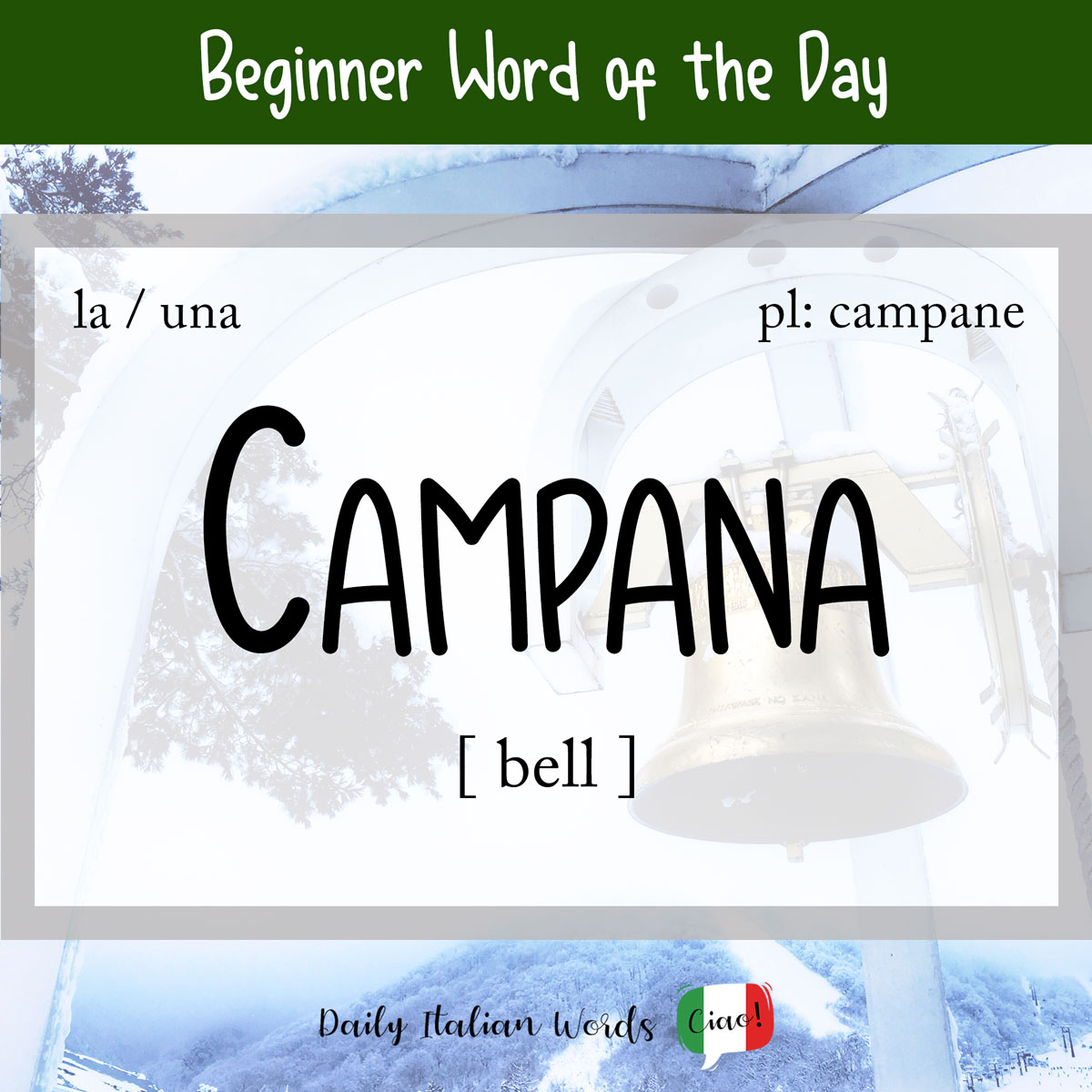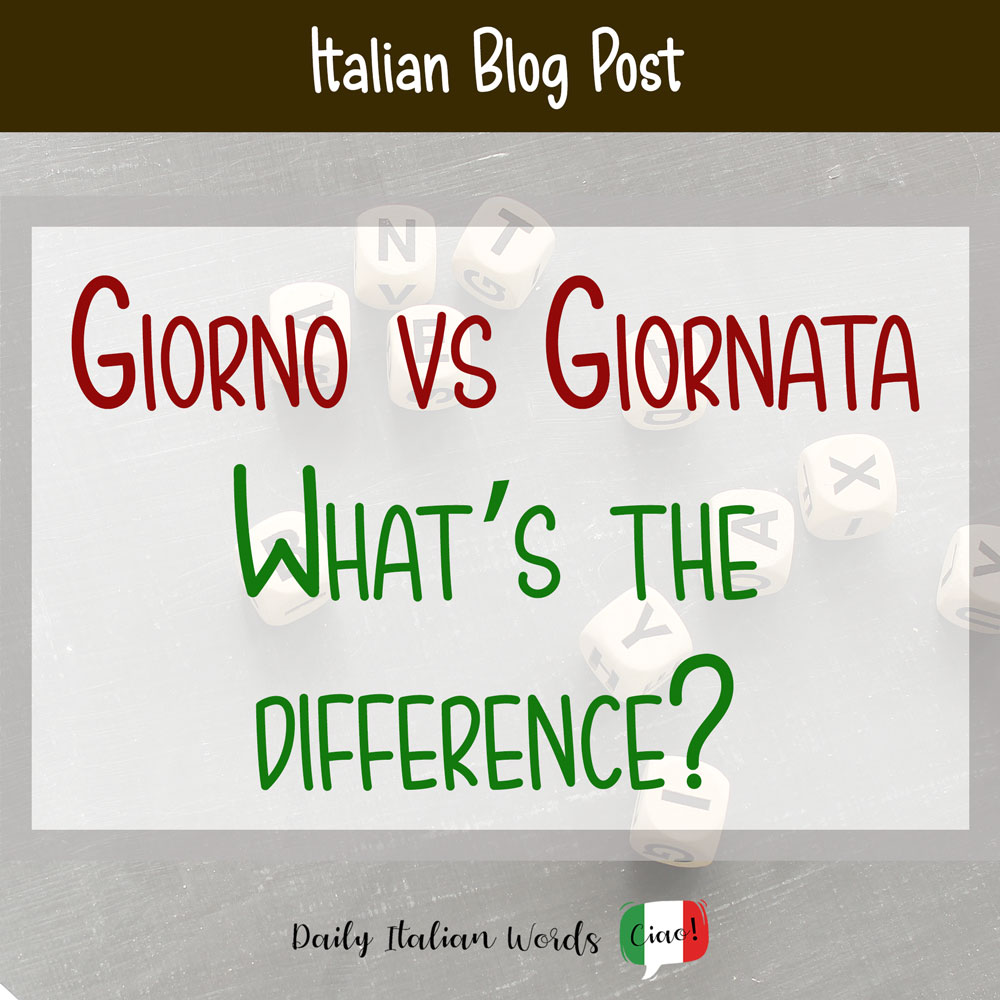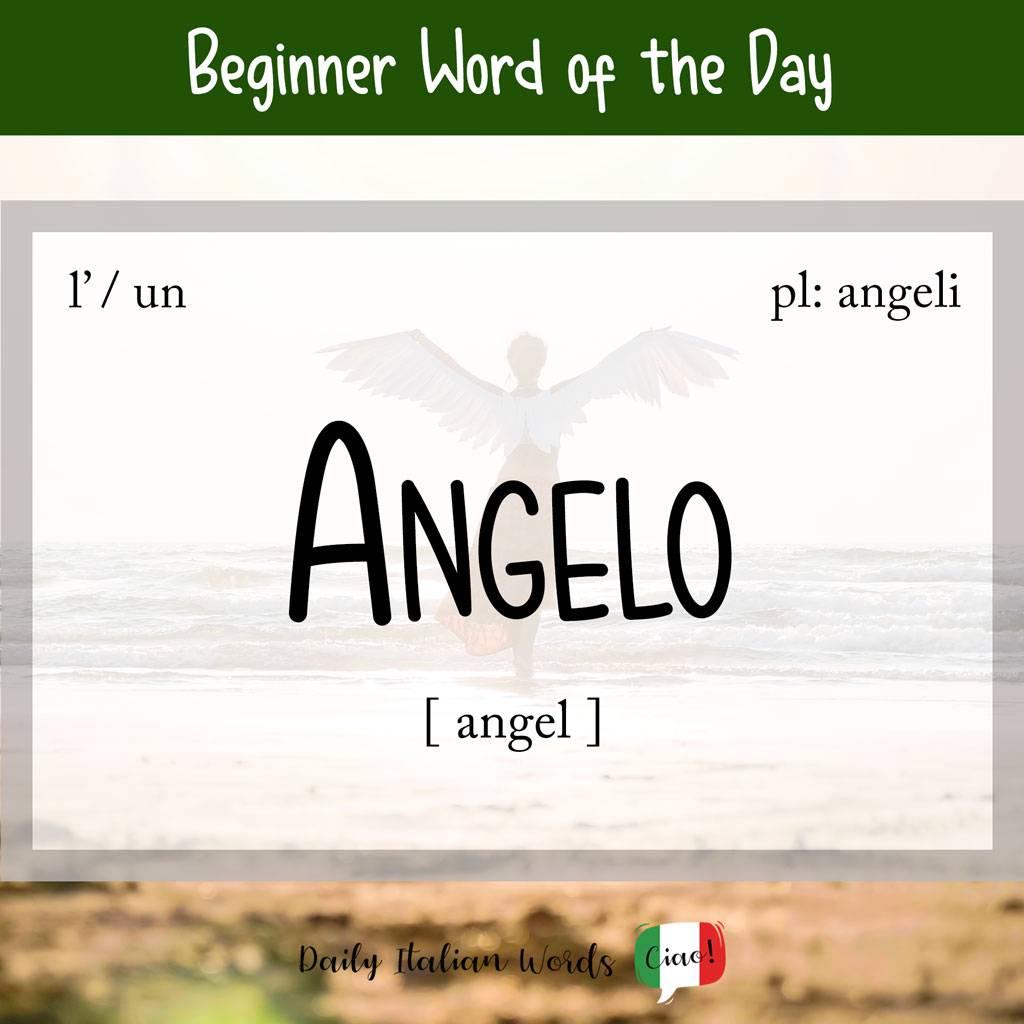Italian Word of the Day: Presepe (Nativity scene)
The presepe (masculine, plural: presepi), or nativity scene in English, has been an integral part of the Italian Christmas tradition since the 16th century. It is important not only to practising Catholics (cattolici) celebrating the birth of Christ, but to all Italians who want to embrace their past (passato) and heritage (eredità). Interesting fact: Another …






